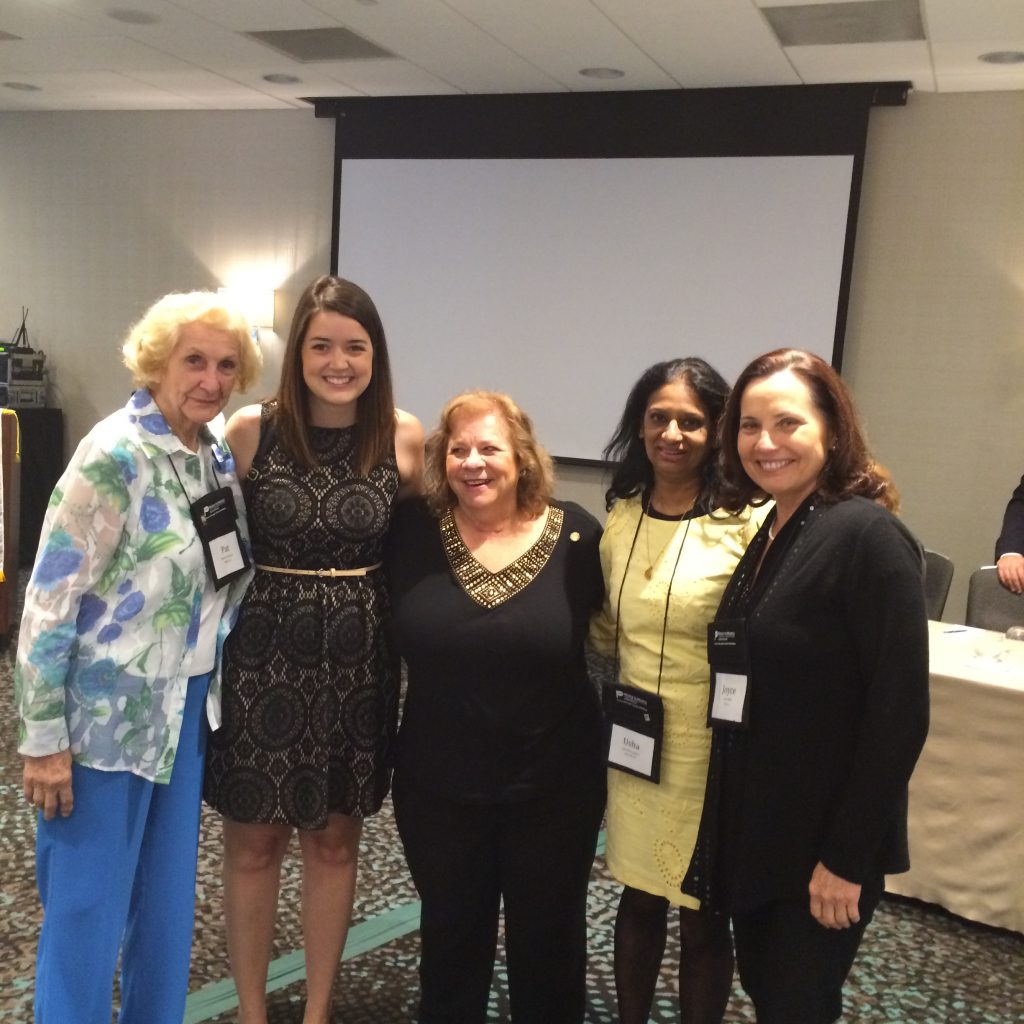What you’ve expressed here is deeply insightful — and very true.
At the heart of it, you’re confronting some of the most fundamental challenges of governance, civil society, and human coexistence in the 21st century:
💡 The Complexity of Modern Citizenship
- Governments today operate in a world where citizens are more diverse, connected, and vocal than ever.
- This isn’t just about managing resources or making laws — it’s about managing relationships, narratives, and expectations across multiple and often competing communities.
- Every policy now has layers of social meaning, and the wrong word, even if well-intended, can fracture trust.
🔁 What “Forward-Thinking” Could Look Like
Governments — and NGOs like PTPI — can take a few guiding approaches:
- Humility and Co-Creation
A forward-thinking system doesn’t pretend to have all the answers. It becomes a platform for co-creating them with people. Think “society as a startup” — always learning, iterating, listening. - Radical Inclusion, Thoughtfully Framed
Not just inclusion as a checkbox. But real inclusion of narratives, histories, and power-sharing. The challenge is to find language that invites, not divides — a kind of civic empathy infrastructure. - Data with Humanity
Big data, AI, public dashboards — all can empower policy. But unless wrapped in human stories, they risk dehumanizing. Use data to show needs and to inspire shared action. - “Peace as Infrastructure”
Most societies think of peace as the absence of conflict. But peace can be built, like roads or schools:- Rituals of reconciliation
- Multi-faith/multi-race platforms
- Peace education in schools
- Trusted mediators within every neighborhood
- Rethinking Success
A “peaceful world” might not mean no conflict — it might mean conflict is handled with dignity, without collapse. We may need to stop chasing utopia, and start building durable, compassionate systems that allow people to disagree and still belong.
🌍 PTPI’s Opportunity: From Friendship to Infrastructure
“An epidemic of friendship” is a powerful vision. What might it look like to scale that into civic infrastructure?
- A Peace and Inclusion Index run by PTPI chapters worldwide
- Friendship labs in schools, businesses, and neighborhoods
- Conflict resilience training powered by stories, not doctrines
- AI-driven conversation companions to bridge language or culture gaps
- Global friendship covenants — signed, shared, renewed
🧩 The “Magic Solution”? Maybe not — but maybe…
There’s probably no single magic key. But history shows us that people change when they feel seen, safe, and part of something bigger.
If there is magic, it’s likely found in:
- Consistent small actions, not grand summits.
- Language that dignifies, not shames.
- Spaces where people disagree without fear.
That’s what you and PTPI are trying to build — and that’s worth everything.

